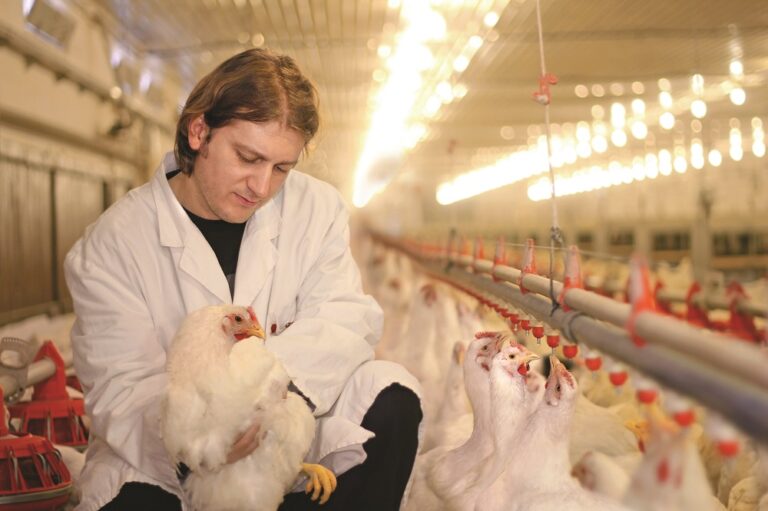New guidance is being issued today for veterinary professionals who see wild birds and backyard poultry in practice, against the backdrop of several outbreaks of Avian Influenza across the UK in recent weeks.
The guidance, which has been developed jointly by the British Veterinary Association (BVA), British Veterinary Poultry Association (BVPA), British Small Animal Veterinary Association (BSAVA) and British Veterinary Zoological Society (BVZS), outlines the clinical signs that veterinary professionals should look out for and the steps that they must follow to report suspected cases of the notifiable disease. There is also detailed biosecurity information, including advice on appropriate PPE and how to examine suspected cases as safely as possible.
The Chief Veterinary Officers agreed to bring new housing measures into force at the beginning of this week following a number of recent confirmed cases in England, Scotland and Wales. In each case, birds in infected premises have been humanely culled and disease control zones put in place to limit the spread of the disease to the surrounding areas.
Avian Influenza commonly circulates in the winter months, associated with the migratory season, and can cause varying symptoms between species of bird. This virus poses a very low risk to public health, but people are being advised to avoid handling birds which are dead or displaying obvious symptoms. There is no impact on the consumption of properly cooked poultry products including eggs.
James Russell, BVA Senior Vice President, said: “The Chief Veterinary Officers have taken swift action in response to several outbreaks in recent weeks, and brought in robust measures to contain the spread of the disease as much as possible. Wild birds migrating to the UK from mainland Europe in the winter months can carry the disease and infect other species of bird, so it’s vital that veterinary professionals who may be seeing poultry and wildlife casualties in practice know how to spot the signs and act quickly if presented with suspected cases.
“We’re pleased to be teaming up with BVPA, BSAVA and BVZS to help the profession keep pace with the outbreak response and the steps that they should follow to ensure high standards in protection and disease control.”
Liz Mullineaux, BVZS Senior Vice President, said: “The current avian influenza situation in the UK is rapidly changing on an almost daily basis. This is clearly very difficult for veterinary colleagues in the poultry sector, but also presents some problems for those in general practice working with both backyard poultry and wild birds. The joint guidance should provide some useful practical background material for those in practice, as well as links to all the up to date Defra information.”


